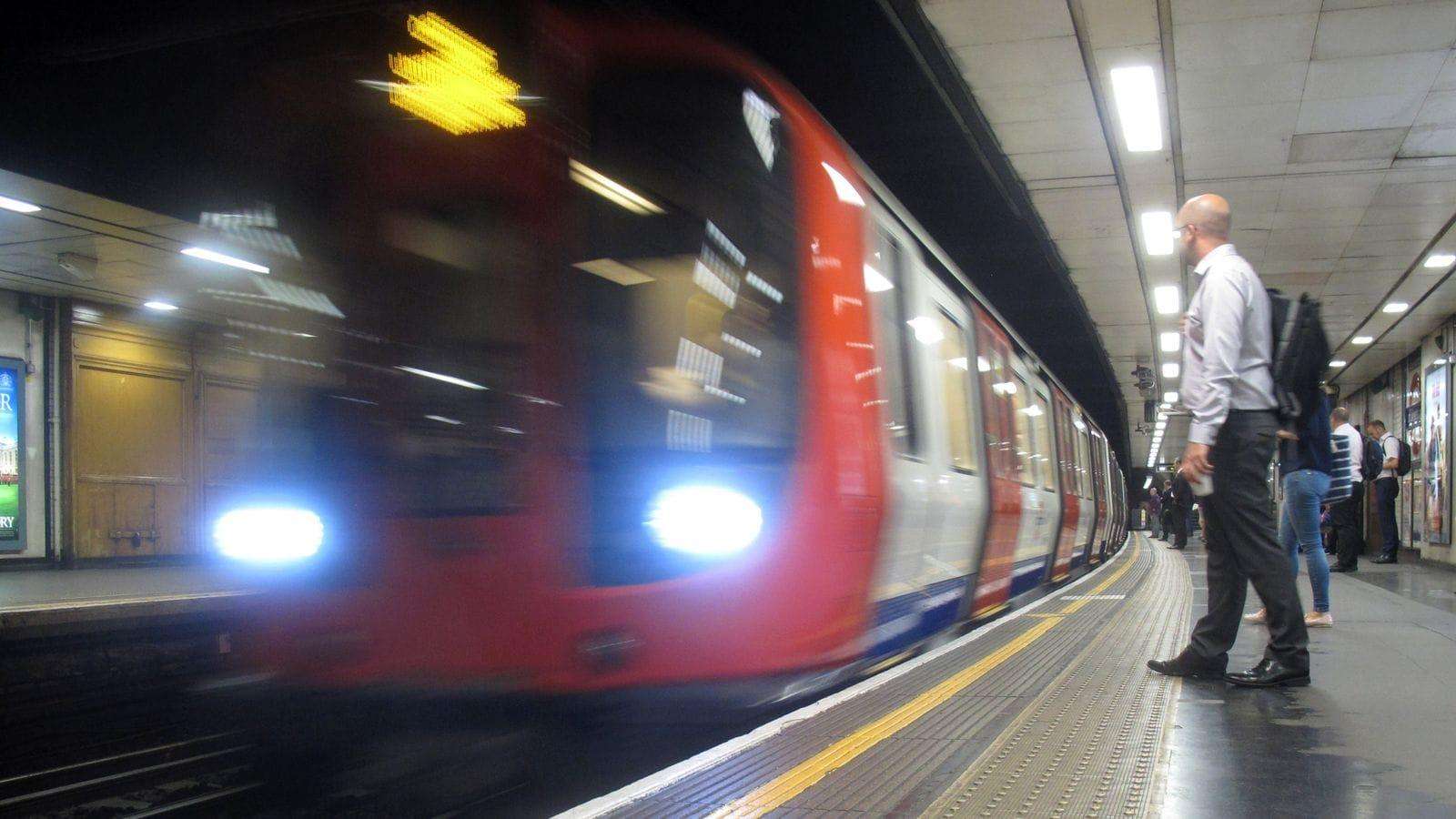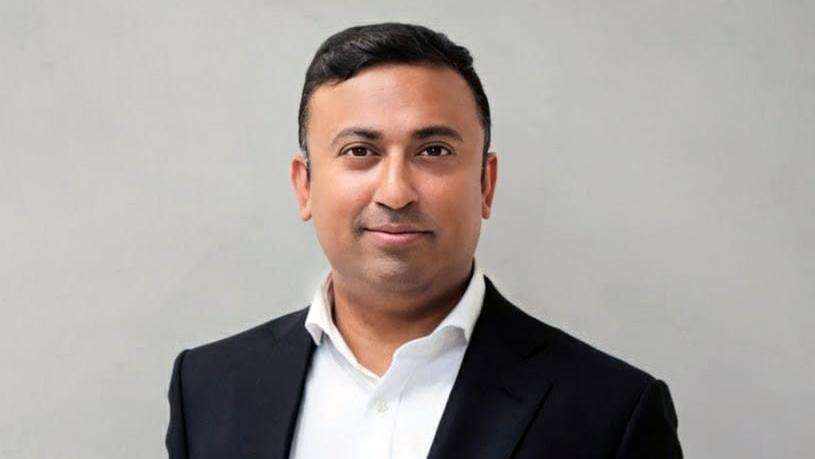Bereaved families across the UK, including those from British South Asian, British Bangladeshi, British Indian, British Pakistani, and other minority communities, are urgently calling on Mayor of London Sadiq Khan to fulfill his four-year-old pledge to ban gambling advertisements on London's transport network. In a poignant letter addressed to City Hall this week, 28 individuals directly harmed by gambling, including 20 who have lost relatives to gambling-related suicide, implored the Mayor: "How many more must suffer or die before something is done?"
During his successful re-election campaign in 2021, Sir Sadiq Khan explicitly promised in his manifesto to instruct Transport for London (TfL) to prohibit advertisements from betting websites and casinos. This commitment was rooted in the recognition of "the devastating way gambling addiction can destroy lives and families."
However, four years later, this ban has not been implemented. The Mayor now states his intention to await a "national framework to addressing this issue" from the anticipated Labour Government before enacting any local measures.
Dr. Tom Coffey, the Mayor's health advisor, informed the London Assembly last year about the delay. He suggested that TfL might face legal challenges if it were to introduce restrictions based on its own definition of "harmful gambling." City Hall reportedly sought assistance from the Government and public health partners to establish a unified national definition. Dr. Coffey assured that once this definition is established, his team would act "as swiftly as possible," emphasizing the desire to avoid costly legal battles that might prove ineffective.
This justification has been met with strong opposition from the affected families. Their letter to Sir Sadiq Khan highlights a significant point: "This makes little sense, as not only is there clear evidence that gambling is harmful, but more than 80 councils in England have banned gambling adverts on their own channels without legal challenges." This raises questions about the specific legal obstacles perceived by TfL that have not materialized for numerous other local authorities.
Impact on British South Asian and Other Minority Communities: Gambling-related harm does not discriminate and profoundly affects individuals and families across all communities, including British South Asian (comprising British Indian, British Pakistani, British Bangladeshi), and other minority ethnic groups in the UK. While specific, granular statistics broken down by these individual communities for gambling-related harm are not consistently and comprehensively collected at a national level, available data and anecdotal evidence suggest several key issues:
Cultural Factors and Stigma: In some minority communities, there can be significant cultural stigma associated with gambling addiction. This can make it harder for individuals struggling with gambling to come forward and seek help due to fear of shame, judgment, and isolation within their families and communities. This reluctance to seek help can exacerbate the problem and delay necessary interventions.
Family Dynamics and Honour: The impact of gambling addiction can extend deeply into family structures, affecting finances, relationships, and even community standing. In some cultures where family honour and reputation are highly valued, gambling addiction can bring immense shame and strain on familial bonds.
Language Barriers and Access to Support: For some individuals within these communities, language barriers can impede access to information about responsible gambling and available support services. Culturally sensitive and linguistically appropriate resources are crucial to reach those in need.
Socioeconomic Vulnerability: Certain minority communities may experience higher rates of socioeconomic vulnerability, which can be a contributing factor to problem gambling as individuals may see gambling as a way to alleviate financial hardship, leading to a cycle of debt and further problems.
Anecdotal accounts from support organizations and community leaders suggest that the consequences of gambling addiction within these communities mirror those in the wider population – financial ruin, relationship breakdown, mental health issues, and in the most tragic cases, suicide. The cultural and familial contexts, however, can add layers of complexity to the experience of harm and the pathways to seeking help, Daily Dazzling Dawn understand.
Prevalence of Problem Gambling: The most recent NHS Health Survey for England (2021) estimated that 0.4 percent of the adult population are problem gamblers. While this is a snapshot in time, it represents a significant number of individuals. Other estimates, using different methodologies, have suggested slightly higher figures.
Gambling-Related Harm: Beyond those classified as "problem gamblers," a larger proportion of the population experiences "at-risk gambling," which can lead to significant negative consequences. Research consistently shows a wider circle of "affected others," including family members and friends, who suffer due to someone else's gambling.
Advertising Expenditure: The gambling industry in the UK spends significant sums on advertising and marketing. While specific figures for advertising on the London transport network are not readily available, the overall expenditure underscores the visibility and normalization of gambling in public spaces. Campaigners argue that this constant exposure can be particularly harmful to vulnerable individuals and those in recovery.
Local Authority Bans: As highlighted by the bereaved families, over 80 councils in England have already implemented bans on gambling advertisements on their own channels. This demonstrates that local authorities can take action without facing insurmountable legal challenges, adding weight to the calls for the Mayor of London to follow suit.
The plea from bereaved families underscores the urgent need for decisive action to mitigate gambling-related harm. Their personal tragedies serve as a stark reminder of the devastating consequences of addiction, and their call on Sadiq Khan to honor his pledge reflects a wider desire for greater protection from the pervasive influence of gambling advertising in public spaces. The lack of specific data on the impact on British South Asian and other minority communities highlights a crucial gap in understanding and addressing the nuances of gambling harm across diversepopulations in the UK.

_4.jpg)
_6.jpg)
_1.jpg)




.svg)




